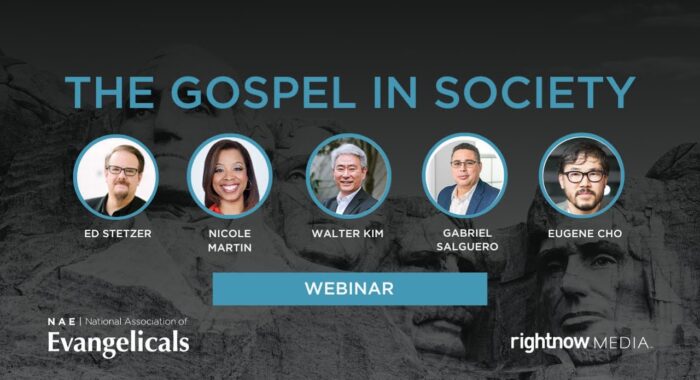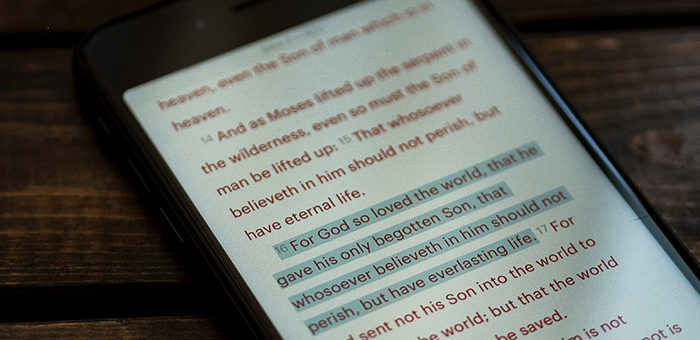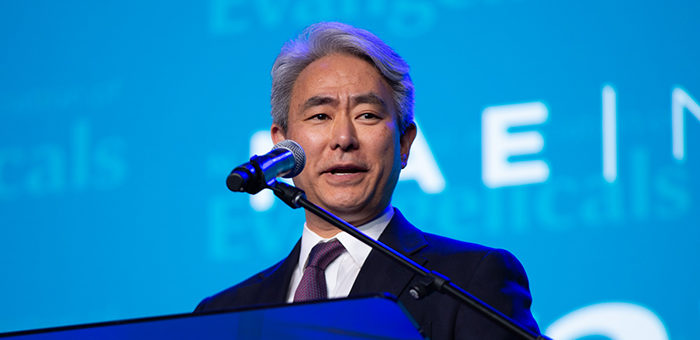James Choung serves as vice president of strategy and innovation for InterVarsity Christian Fellowship, and is the author of several books, including “Longing for Revival: From Holy Discontent to Breakthrough Faith” and “Real Life: A Christianity Worth Living Out.” He has spent years researching what each generation values, and discusses the central gospel question that must be answered for each generation.
How did you come to the realization that each generation has a unique approach to how they view the world?
The deep dive really happened during my doctoral studies when I was studying for a degree in post-modern leadership development. I ran across the work of Strauss and Howe, particularly their books “Generations” and “The Fourth Turning.” I was introduced to this idea of generational theory where they unpacked the theory and differences between generations. Each generation has its own unique personality and temperament, along with its own contribution and calling to wider culture. From there, it provoked the idea and curiosity if there was a spiritual lens to the various generational approaches.
Lay out a framework of the different generational archetypes.
As Strauss and Howe were looking at American history, they noticed there was a four-generation cycle that repeated itself throughout generations. This cycle only skipped one generation and that was during the Civil War, which was such a traumatic experience for our country. Other than the jump during the Civil War, there has been a consistent generational cycle of what they call the “prophet” generation, the “nomad” generation, the “hero” generation and then the “artist” generation. The prophet generation for this cycle were the Boomers born between 1946 and 1964. Gen Xers are considered the nomad generation, and they were born between 1965 and 1980. They are also considered the first postmodern generation. Millennials born between 1981 and 1996 are considered the hero generation. iGens or Gen Z born between 1997 and 2015 (still being debated) is the artist generation. The generation after Gen Z will start the cycle again with the prophet.
At the time Strauss and Howe published their theory, Millennials would have been around 10 years old at their oldest. Today, we can see that they accurately predicted what this generation would be like as adults. It made them the foremost experts on Millennials.
How do each of these generations represent their archetype?
As I began to understand each generation, I began to wonder if there was a spiritual element to their differences. Were they asking different questions as they approached the gospel? I began to realize each generation is asking one essential question related to their archetype. It guides their view on life and spiritual understanding.
The four questions are even the questions asked in Greek philosophy of what is essential. Boomers, the prophet generation, is asking “What is true?” They want to know the truth and will bank their life around it. Gen Xers are asking “What is real?” They don’t want the facts and science of what is true, they value authentic life stories. Millennials began asking “What is good?” Individuals from this generation are optimistic and want to contribute to changing the world. They are known as the “doer” generation. iGens or Gen Z are asking “What is beautiful?” They want to know what is worthy of worship. What is worth spending their lives going after?
These are the generation’s front door question. Though all questions are important, if you don’t answer that front door question, they won’t hear your answer to the other questions.
How does this impact the way we should talk about the gospel and share our faith with these generations?
With Boomers, the apologetics and authors like C.S. Lewis were very beneficial. But with a generation that is asking “What is real?” (Gen X) a set of arguments will turn them off. They don’t want to hear the company line; they want to hear how this is connecting with you. Sharing the gospel with Xers means to tell them authentically and vulnerably how your life is being impacted by the gospel.
Millennials are asking what is good about the Christian faith and not seeking simply fire insurance — a way to avoid hell. The ways the kingdom of God being here reflects Old Testament. The good news is with us now. So what does that mean for my everyday life and my contributions? Glorification and theological concept of consummation will be very key for the iGen generation. God is in this whole project and will make it an excellent end as he promised.
The key for each generation is connecting with where they are. This is a chance for us to understand different people. We do not come to them with what is important to us. We must approach them with answers to what they are asking. Being contextual to each generation is a bridge to help us get them to the gospel and eventually answer all questions of what is true, what is real, what is good and what is beautiful.
Watch James' Session at Flourish ![Arrow]()
James Choung is vice president of strategy and innovation at InterVarsity Christian Fellowship. He previously served as InterVarsity’s national director of evangelism. Choung has been in campus ministry for over 25 years. He is ordained with Vineyard Churches, and previously served on the pastoral staff of a Boston-area urban church plant, a megachurch in Seoul, and a house church in Los Angeles. He is the author of three books including his latest: “Longing for Revival: From Holy Discontent to Breakthrough Faith.” He studied management science and marketing at MIT, and received his M.Div. from Gordon-Conwell Theological Seminary.




 View All Articles
View All Articles 






























